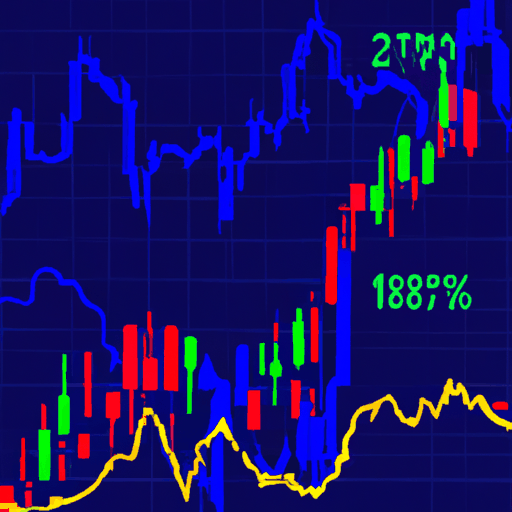
Harvard's Major Stake in BlackRock's Bitcoin ETF Marks Institutional Confidence
By: Eliza Bennet
In a significant move for cryptocurrency adoption in the academic sector, Harvard University has made headlines with its substantial investment in the BlackRock Bitcoin ETF. The Harvard Management Company, which handles the university's extensive endowment fund, disclosed a stake of approximately 1.9 million shares in the iShares Bitcoin ETF. This investment is valued at over $116 million and marks a noteworthy engagement in the digital currency space by a prominent educational institution.
The recent disclosure was part of a filing with the U.S. Securities and Exchange Commission, highlighting Harvard's growing interest in diversified asset allocation that extends into the crypto ecosystem. As of June 30, 2024, the endowment fund amounted to $53.2 billion, with the newly reported Bitcoin ETF position making it the fund's fifth-largest holding. The other top investments comprise tech giants such as Microsoft, Amazon, Booking Holdings, and Meta, pointing to strategic placements in both traditional and emergent sectors.
This development underscores a growing trend among high-profile and institutional investors who are increasingly seeking exposure to Bitcoin through regulated investment mechanisms. Harvard's choice of BlackRock's ETF indicates confidence in BlackRock's management and the potential of Bitcoin as a long-term asset. The global investment community closely watches such movements, as they may inform future asset allocation strategies among other institutional portfolios.
The asset allocation decision by Harvard is seen as yet another milestone in the broadening acceptance of Bitcoin and other digital assets within mainstream finance. Such institutional involvement not only validates the potential of cryptocurrency as a professional investment instrument but also reflects an evolving financial landscape where traditional investments coexist with innovative financial products. As more institutions like Harvard embrace digital assets, it may pave the way for further mainstream adoption, potentially influencing regulatory frameworks and market behaviors in the years to come.



